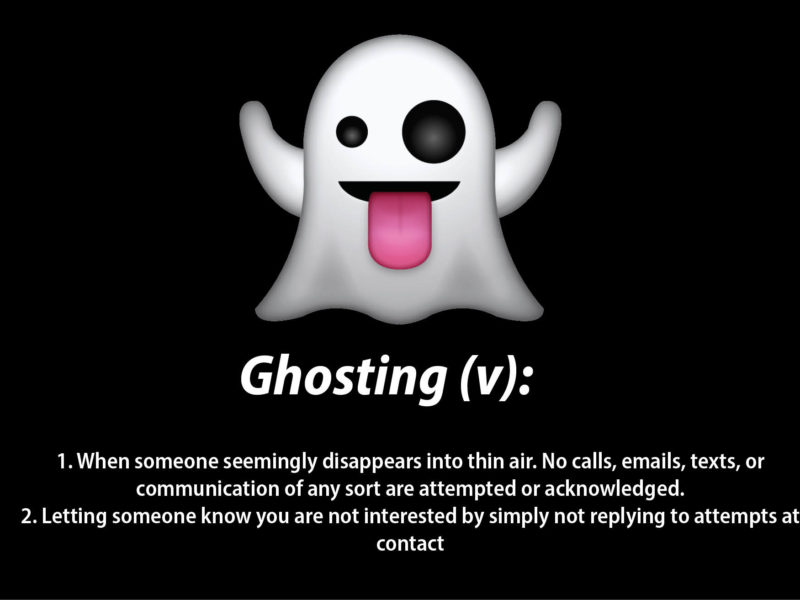Overqualified Part 2, Strategies
My last blog entry went a little long but it is an important issue and, as such, I would like to offer suggestions for how to overcome this hurdle, if you run into it. Let’s say you have the opportunity to interview for a position and you begin to sense, or they come right out and use the “O” word, to suggest you might not be considered further. Don’t get defensive or feel insulted, they are simply doing what they are accustomed to. We’re talking about trying to get people to adjust their processes to provide you the benefit of the doubt. Getting in their face or acting hurt won’t have any benefit for you except momentary satisfaction for telling someone off, who hasn’t done anything to deserve your wrath. Here are a few tips that may help you.
Check either before you attend or during your interview, how long has the position been open? If it is a relatively new posting they’ll first likely want to see if they find anyone who fits their job description like a glove, which is understandably the best solution for them. But if the job has been open for a lengthy period of time, let’s say, for example, 10 weeks or more, dig a little deeper to learn why it remains vacant (refer to my 4th blog entry about asking what and how). If there is any reasonable level of urgency to get someone hired, then be ready to pounce. Let them know you are aware the job has been posted for a longer span of time than is reasonable, which suggests they are having difficulty filling it. Present yourself as a possible solution and then be prepared to demonstrate and explain why you are a good choice.
When positions are left open, others have to multi-task to ensure unattended duties and responsibilities are covered. Divert enough people from their primary tasks and this impacts productivity and ends up costing a company. This is just one example, from a management perspective. Any way you look at it, positions left empty for a lengthy period of time costs a company money. During your interview, as you learn more about the role and why it is vacant, ask an interviewer, “How much is it costing the company to leave this position empty until the right person is selected?” Don’t expect a real answer because the person you are speaking with likely has no idea, but you’ve made them take notice of you and you’ve somewhat shifted the discussion back to the job, and your ability to perform it.
By doing this, do you recognize how you are now transitioning the interview from a screening session into a business discussion, presenting yourself as a solution? This is the kind of conversation and dialogue with which you should feel comfortable in engaging during an interview process, regardless of your level of experience. Get their attention off your birth date or level of experience and, instead, engage in a business conversation about solutions. If you are, in fact, qualified and suitable this is how you can demonstrate why your maturity and experience, as well as your ability to adjust and adapt to new environments, can positively separate you from the less qualified.
Does any one method work every time? No. Every coach recognizes when it’s first down with the ball on the 5 yard line against a strong defense, you’re going to have more than one play at the ready to reach the end zone. It’s no different during the interview process. What I have described above is just one method or strategy to add to your bag of tricks to be better prepared for whatever they may hit you with, as you navigate the obstacles between you and your goal – a job offer.



